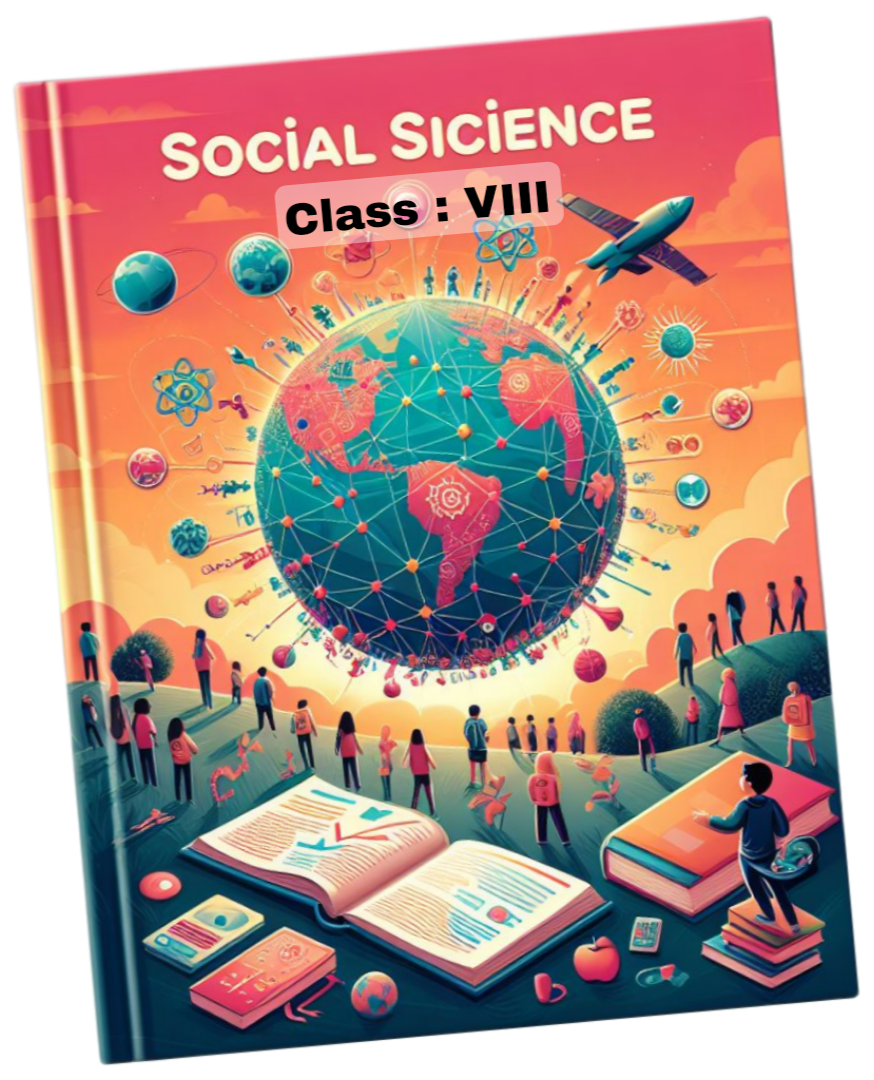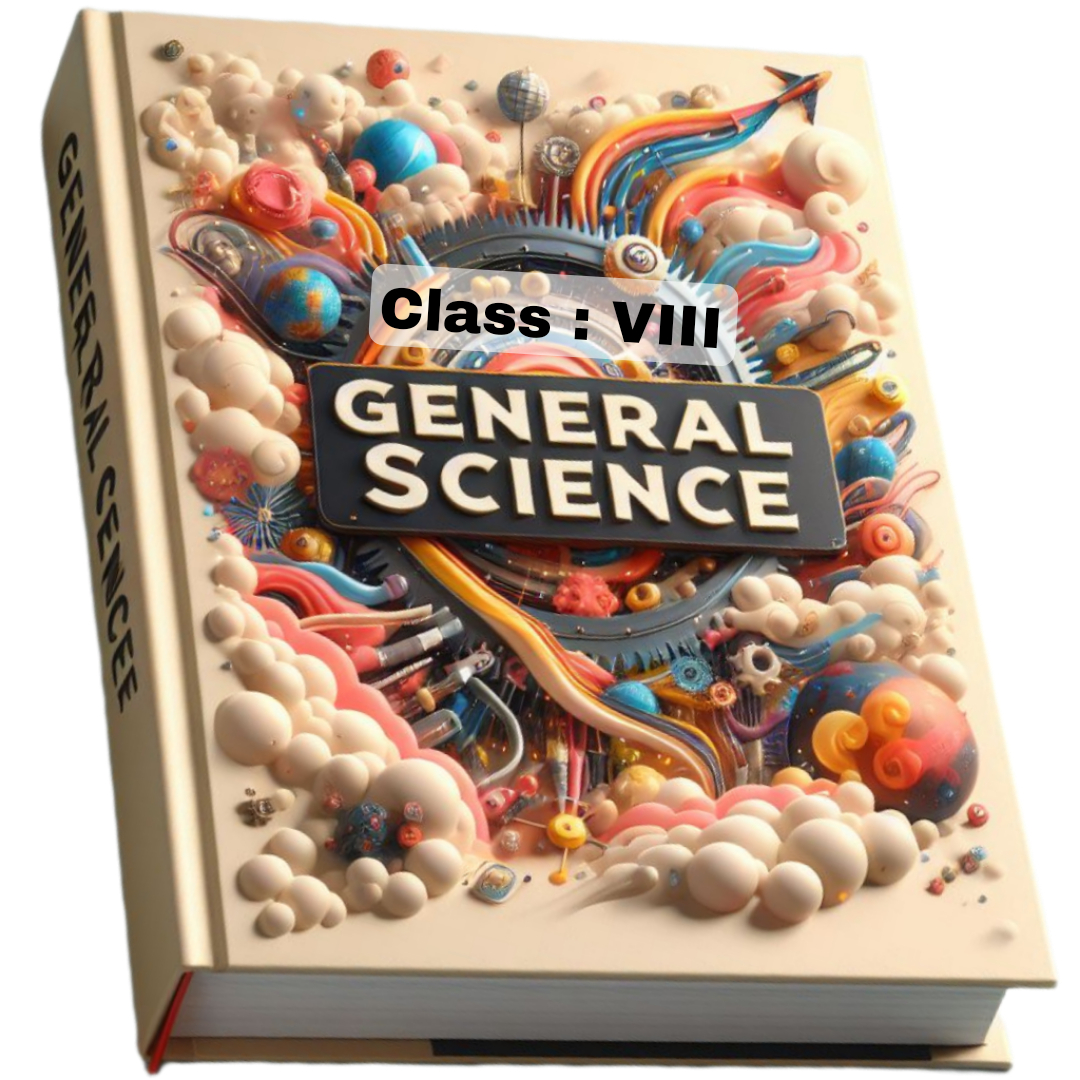Essay —1
Natural resources, such as water, minerals, forests, and fossil fuels, are vital for human survival and economic development. They are divided into renewable and non-renewable resources, each with its own role in sustaining life.
Types of Natural Resources :
Renewable resources, like wind, solar energy, and water, can naturally replenish over time. Non-renewable resources, such as oil, coal, and minerals, are finite and can be depleted if overused.
Importance and Challenges :
Natural resources are key to industrial growth, providing energy, raw materials, and food. However, their overconsumption leads to serious environmental issues, including deforestation, pollution, and climate change. Water scarcity and the depletion of fossil fuels also pose significant threats.
Sustainable Management :
To protect these resources, sustainable management practices are crucial. This involves using renewable energy, conserving water, reducing waste, and recycling materials. By adopting such practices, we can reduce our environmental footprint and preserve resources for future generations.
Conclusion :
Balancing resource use with conservation is essential for ensuring a sustainable future for both the planet and humanity.
Essay —2
Introduction :
Natural resources are the raw materials provided by the Earth, essential for human survival and economic development. These include water, minerals, fossil fuels, and forests, which are used for everything from energy production to food and industrial processes. However, overuse and depletion of these resources pose significant challenges for future generations.
Types and Importance :
Natural resources are categorized into renewable and non-renewable types. Renewable resources, such as wind, solar energy, and water, can naturally replenish themselves. Non-renewable resources, like coal, oil, and minerals, are finite and cannot be replaced once depleted. Water, forests, and air are among the most vital resources, supporting life on Earth by providing drinking water, oxygen, and regulating the climate.
These resources are crucial for economic growth. Fossil fuels power industries and transportation, while metals and minerals are used in manufacturing everything from electronics to infrastructure. Natural resources also drive global trade, as countries rich in certain materials export them to meet global demands.
Challenges and Sustainability :
The primary challenge regarding natural resources is their depletion. Current consumption rates suggest that some resources, such as oil, may last under 600 years. Additionally, over-extraction leads to environmental issues like deforestation, water scarcity, and climate change. Unsustainable practices threaten biodiversity and the stability of ecosystems.
To address these issues, sustainable resource management is key. Transitioning to renewable energy, reducing waste, and adopting conservation practices can help ensure the responsible use of resources for future generations.
Conclusion :
Natural resources are vital to human life and development. However, their depletion and environmental impacts highlight the need for sustainable management. By balancing consumption with conservation, we can ensure that these resources continue to support future generations.
Essay —3
Introduction :
Natural resources are essential to the survival and progress of human society. These include water, minerals, forests, fossil fuels, and more. The availability and management of these resources directly impact economic development, environmental health, and social well-being. However, growing consumption and limited supply create challenges that demand urgent attention. This essay explores the types of natural resources, their importance, and the challenges of sustainability.
Types of Natural Resources :
Natural resources can be classified into renewable and non-renewable resources. Renewable resources, such as solar energy, wind, and water, can be replenished naturally. If used wisely, they can provide a sustainable source of energy and raw materials. Non-renewable resources, like fossil fuels, minerals, and metals, are finite. Once depleted, they cannot be regenerated within a human lifespan. The overuse of these resources puts immense pressure on the environment.
Water and forests are among the most critical resources, supporting life and maintaining ecological balance. Clean water is essential for drinking, agriculture, and sanitation. Forests help regulate the climate, absorb carbon dioxide, and maintain biodiversity.
The Importance of Natural Resources :
Natural resources are the cornerstone of human civilization. Fossil fuels, such as oil and coal, have driven industrial progress, providing energy for manufacturing, transportation, and electricity. Minerals and metals are essential for producing goods, from electronics to construction materials. Resources like timber and agricultural land are crucial for food production and construction.
In addition to supporting industries, natural resources also contribute to global trade. Nations rich in resources often export them to other countries, fostering international trade. However, the growing demand for these resources has led to concerns about their long-term availability and environmental impact.
Challenges and Sustainability :
The rapid depletion of non-renewable resources is a significant concern. Current consumption rates suggest that some resources, such as oil, could last under 600 years. Overconsumption leads to environmental degradation, including pollution, deforestation, and climate change. For example, deforestation contributes to the loss of biodiversity and exacerbates global warming by reducing carbon absorption.
The urgent need for sustainable resource management is clear. Transitioning to renewable energy sources and adopting practices like recycling and conservation can help reduce the strain on non-renewable resources. Governments, industries, and individuals must collaborate to ensure resources are used responsibly and efficiently, fostering a balance between development and conservation.
Conclusion :
Natural resources are vital for sustaining life and powering economic growth. However, their depletion and environmental consequences pose significant challenges. Sustainable management practices, including the promotion of renewable energy and efficient resource use, are essential to ensure that these resources continue to benefit future generations. By embracing sustainability, we can safeguard the ultimate well-being of our planet and its inhabitants.
Essay —4
Introduction :
Natural resources are the raw materials provided by the Earth, essential for the survival and development of human civilization. These resources, which include everything from water and minerals to forests and fossil fuels, form the backbone of economic activities, industrial growth, and daily life. However, the increasing demand for these resources, combined with their limited availability, poses significant challenges. This essay explores the different types of natural resources, their importance, challenges related to their usage, and the importance of sustainable management.
Types of Natural Resources :
Natural resources can be broadly categorized into renewable and non-renewable resources. Renewable resources are those that can be replenished naturally within a relatively short period, such as solar energy, wind, and biomass. These resources are inherently sustainable as long as they are not overexploited. Non-renewable resources, on the other hand, are finite and cannot be replaced within a human timescale. Fossil fuels, minerals, and metals fall into this category. Once these resources are depleted, they are essentially gone for good, which makes their conservation even more critical.
Water, forests, and air are often considered the most vital resources, forming the basis for sustaining life on Earth. Clean water is essential for drinking, agriculture, and industrial processes, while forests provide oxygen, regulate climate, and support biodiversity. The air we breathe, consisting mostly of nitrogen and oxygen, is a critical resource for all aerobic organisms.
The Importance of Natural Resources :
Natural resources play an indispensable role in both economic and social development. The exploitation of resources such as oil, coal, and natural gas has powered the global industrial revolution, creating the modern economy. These resources are not only used for energy production but also for manufacturing goods, from plastic products to electronics.
Moreover, natural resources are a significant part of the global trade system. Countries rich in mineral resources often export them to nations lacking these materials, fostering international trade relations. For instance, countries with large reserves of copper, such as Chile, play a crucial role in supplying this metal to the global market.
However, while these resources have facilitated growth, they also contribute to environmental degradation. The overextraction of resources leads to pollution, deforestation, and climate change. The balance between exploiting resources for economic growth and maintaining ecological stability is delicate.
Challenges and Threats to Natural Resources :
One of the most pressing challenges regarding natural resources is their depletion. Many non-renewable resources, such as oil and coal, are being consumed at an alarming rate. According to some estimates, the Earth’s oil reserves could last under 600 years if current consumption trends continue. Once these resources are gone, alternative sources of energy or raw materials will be necessary, but transitioning to these alternatives requires significant investment and innovation.
Another significant challenge is the impact of overconsumption on the environment. The extraction of natural resources often results in habitat destruction, pollution, and a loss of biodiversity. Deforestation, for instance, not only contributes to the loss of species but also exacerbates climate change by reducing the planet's ability to absorb carbon dioxide. Water resources are also being overused, with groundwater depletion becoming a serious issue in many parts of the world.
Climate change, driven largely by the burning of fossil fuels, further compounds these challenges. Changes in weather patterns, rising sea levels, and extreme weather events are already having a detrimental effect on natural resources. For example, many crop-producing regions are facing longer periods of drought, threatening food security.
Sustainable Management of Natural Resources :
To address the challenges of resource depletion and environmental degradation, sustainable management is crucial. Sustainable practices involve the responsible use of resources so that they can continue to support future generations. This includes reducing waste, increasing efficiency in resource use, and investing in renewable energy sources.
The concept of the circular economy has gained traction in recent years. Instead of following the traditional "take, make, dispose" model, a circular economy emphasizes reusing, recycling, and reducing the consumption of non-renewable resources. For instance, recycling metals such as aluminum and copper reduces the need for mining new ores, which is less damaging to the environment.
Governments, industries, and individuals must collaborate to ensure that natural resources are used responsibly. This includes implementing policies to regulate resource extraction, promoting renewable energy, and raising awareness about the importance of conservation.
Conclusion :
Natural resources are foundational to human life and economic activity. While they have enabled the growth of modern society, they also present significant challenges, particularly when it comes to their depletion and environmental impacts. As the world’s population grows and demand for resources intensifies, the need for sustainable management becomes more urgent. By embracing renewable resources, reducing waste, and adopting sustainable practices, we can work towards a future where natural resources continue to support life on Earth for generations to come.
Updated on 23rd December 2024By :- J.A.C (B.Sc Honours | Web/App Developer.)

.jpg)

.jpg)













0 Comments